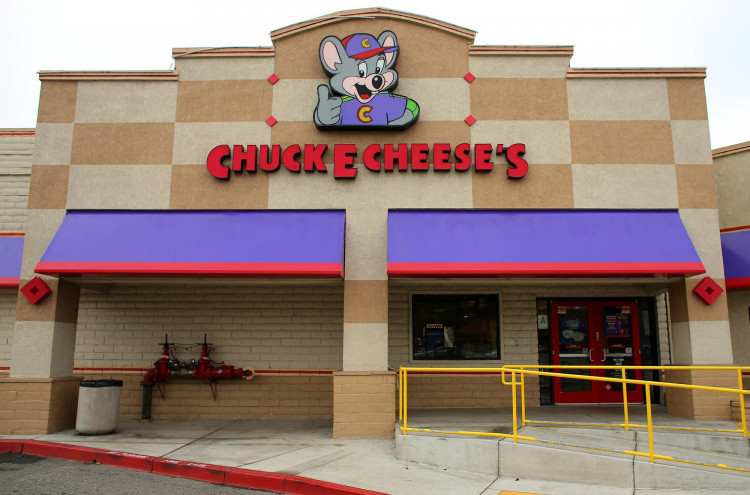CEC Entertainment, the parent company of popular American restaurant and entertainment chain Chuck E. Cheese, has filed for Chapter 11 bankruptcy protection. The company officially declared bankruptcy on Thursday, stating that the continued closures of its stores and the lack of demand caused by the coronavirus pandemic were the main factors for the action.
The company, which also owns Peter Piper Pizza, stated that it plans to restructure its business and support its further reopening while it is in bankruptcy. Unlike other companies that have already gone bankrupt, CEC Entertainment made no mention of plans to close down any of its more than 600 Chuck E. Cheese and 122 Peter Piper Pizza restaurants.
Since the US started to slowly lift its restriction, CEC had opened about half of its company-operated restaurants across four-dozen states. The company stated that the bankruptcy filing shouldn't affect its operations and most of its outlets will still be offering dine-in and delivery services, including hosting birthday parties during specific hours.
The company announced that all of its 16,400 employees will continue to receive their salaries and that it reopened restaurants will still honor gift cards issued before the pandemic. CEC stated that amid its bankruptcy, all franchising and licensing agreements will remain unchanged.
CEC filed for Chapter 11 protection in the US Bankruptcy Court for the Southern District of Texas. In its filing, the company declared assets of more than $1.7 billion and debts of close to $2 billion. According to court documents, a virtual hearing for its request to receive emergency relief in scheduled on Friday.
A few weeks before its bankruptcy filing, the company released around $3 million in bonuses to its top executives. This included a $1.3 million bonus for its chief executive officer, David McKillips. The company's president was given a $900,000 bonus, while its chief financial officer got $675,000.
In a press release, Mckilliips stated that filing for bankruptcy was a necessary move as the company needed to strengthen and restructure its financial structure. He added that the unprecedented challenges brought about the pandemic are something that the company had never experienced before in its 40-year history. The executive assured all of its customers that the company's brands will survive and that it will soon put the challenges it is facing now behind it.
Similar to the retail industry, the restaurant sector was heavily affected by the spread of the coronavirus pandemic. The lockdowns and shelter-in-place orders effectively shut down all of CEC's revenue streams. Post pandemic, CEC will likely still be facing tougher challenges in adapting to the new normal, as its reliance on its in-store entertainment, such as its ball pits and arcade games, will not be usable in the age of social distancing.






